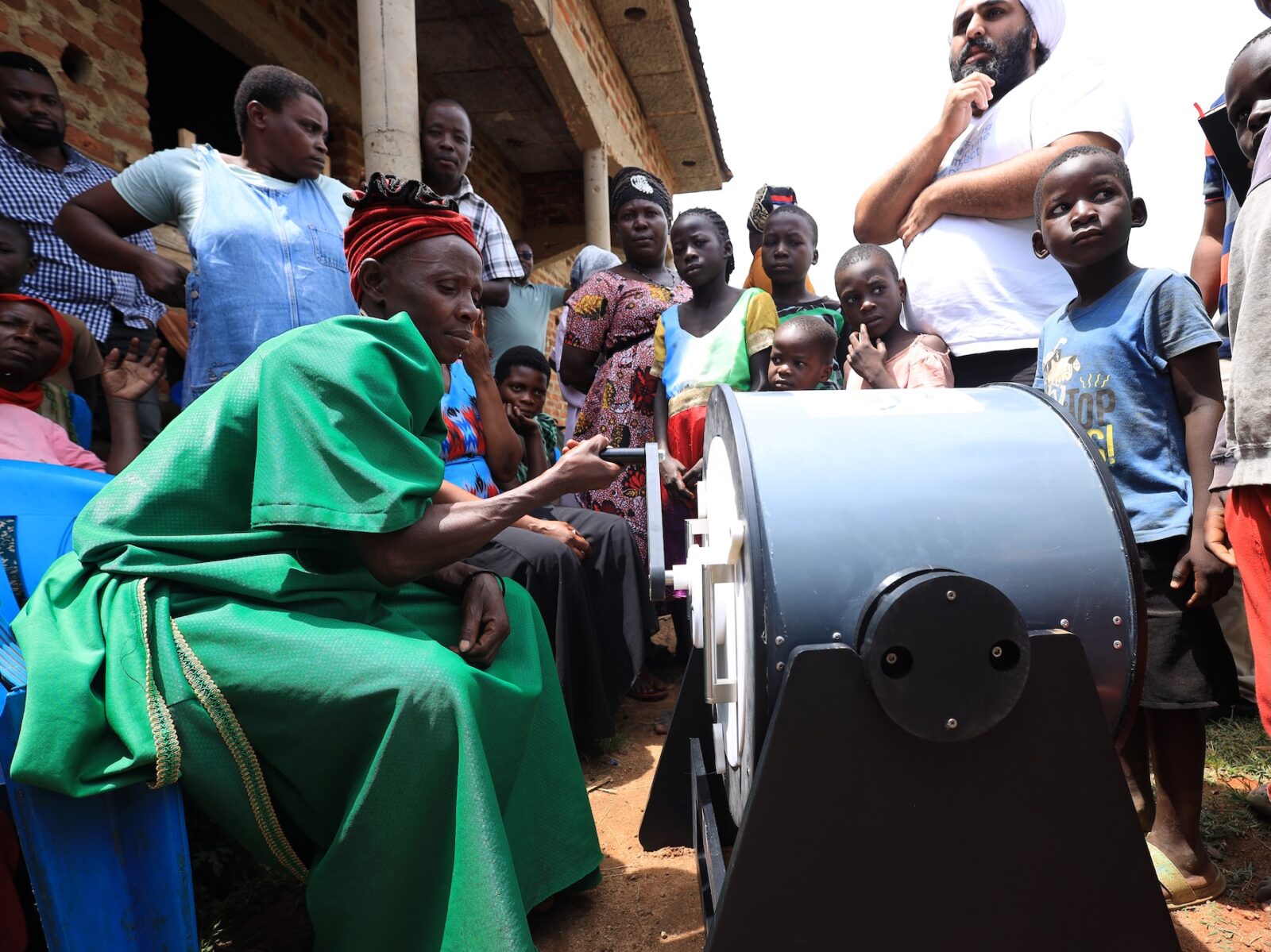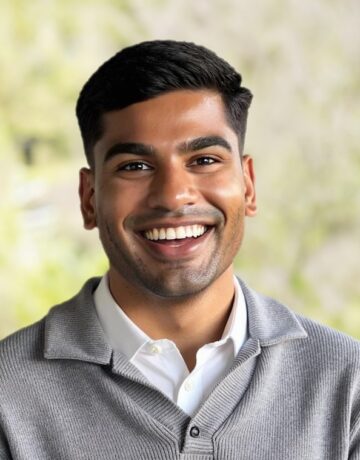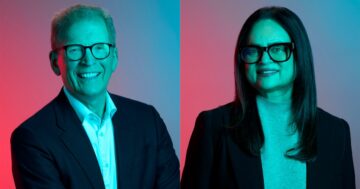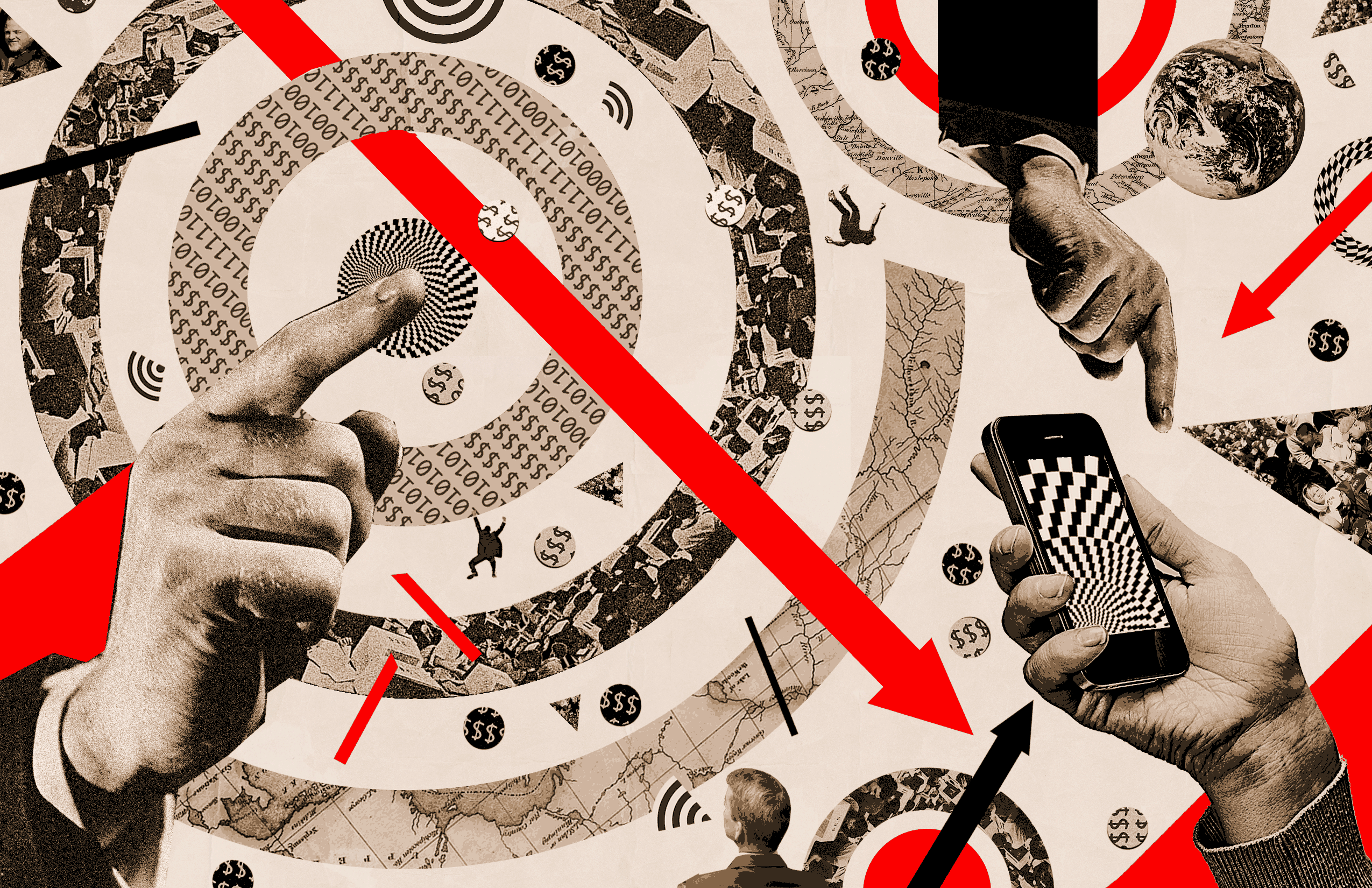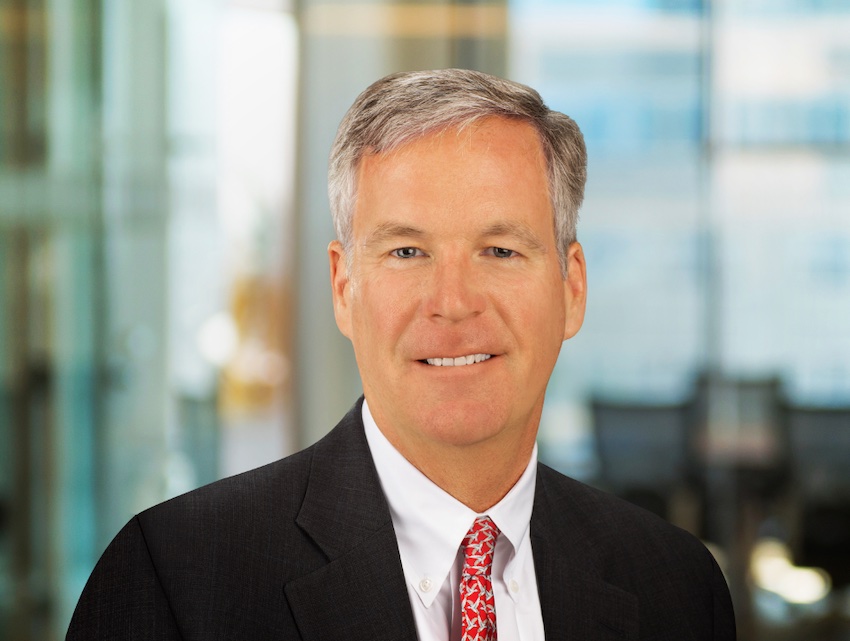When technical skill meets deep human empathy, small miracles can happen. By Brunswick’s Vishal Patel.
Above, Navjot Sawhney (top right) with community members in rural Uganda, demonstrating the Divya washing machine.
From Dyson’s labs to rural South India, Navjot Sawhney witnessed two sides of technology: its power to transform and its absence where it’s needed most. Determined to bridge that divide, he made a promise. That promise became The Washing Machine Project, a social enterprise designing hand-cranked off-grid washing machines for communities displaced by war, poverty and crisis. Founded in 2019, the UK-based project has earned international recognition, including the George H. W. Bush Points of Light Award in 2023
Today, over 50,000 people in 15 countries have regained time, dignity and hope through his work. But this is about more than machines. It’s about restoring agency to women who bear invisible burdens, creating space for healing, education and recovery. In conversation with the Brunswick Review, Sawhney reflects on what it means to build solutions with love for the problem, not just the product.
Why washing machines? Why does this matter now?
Laundry might seem simple, but for millions, it’s a daily struggle that steals their time and dignity. In refugee camps or informal settlements, washing clothes by hand can take 20 hours a week, mostly for women. It’s exhausting, unsafe and isolating. When I saw my neighbor Divya working tirelessly to keep her family clean, I knew that fixing this was about more than convenience. It was about giving back precious time and restoring a basic human dignity. Clean clothes help prevent disease, give people confidence and signal hope—small acts that have outsized impact in the hardest places.
Why has this form of unpaid labor remained invisible to donors and policymakers?
Because it’s woven into the fabric of everyday life—something people expect women to do quietly, without recognition. It’s often dismissed as just “women’s work,” which makes it easy to overlook. But what’s invisible can also be powerful. The time women spend washing clothes is time they could use for education, income or rest. Ignoring this labor means missing an opportunity to break cycles of poverty and gender inequality. What we need is a shift in how we value this work—to see it as both a barrier and a doorway to empowerment. Small practical solutions, like our washing machine, shine a light on that hidden work and honor the dignity it deserves.
“This isn’t about mass production. It’s about restoring dignity—one machine, one story, one life at a time.”
What did you learn from speaking with thousands of families, and how did that shape your design?
Listening was everything. Families told us about water shortages, unreliable electricity, and the constant battle against grime and heavy loads. They needed a machine that could fit into cramped spaces, use minimal water, and be easy to repair—a tool that respected their realities rather than imposing complexity. The Divya washing machine became a collaboration, shaped by those who would use it every day. It’s manual because power isn’t always there. It’s durable because replacement parts are scarce. It’s simple because dignity is in ease, not complication. This project isn’t about technology for technology’s sake. It’s about practical respect for people’s lives.
What are the biggest challenges in scaling something like this—and what keeps you going?
Scaling hardware in fragile settings is never easy. You’re moving parts and people across borders where supply chains break down, and funding rarely follows the same road twice. And let’s be honest—physical products like ours don’t always fit neatly into the frameworks that donors and investors prefer. But what keeps me going are the quiet stories that come after the machines arrive. A grandmother in Ukraine telling us she cried when she saw it. A Yazidi woman in Iraq using hers to serve her whole community. Field hospitals in Gaza using them to help prevent the spread of infection. This isn’t about mass production. It’s about restoring dignity—one machine, one story, one life at a time.
You’ve worked with UNHCR, Oxfam, Jaguar Land Rover. What’s the key to building partnerships that work in fragile settings?
Real partnership begins with trust and a shared belief that small, practical tools can have big, human impact. Each partner brings something different—engineering precision, field experience, manufacturing reach. But what matters most is shared purpose. When you work in places where life is already hard, you can’t afford ego or complexity. You need humility, patience and local knowledge at the center. The hardest part? Most funding still runs on short cycles and deliverables. What we need is long-term backing for solutions that are grounded in people’s real lives—not just their data points. That’s why we’re continuously looking for more like-minded partners who can help us scale and reach the millions who still wash clothes by hand, often in the toughest conditions on earth.
“When you work in places where life is already hard, you can’t afford ego or complexity. You need humility, patience and local knowledge at the center.”
We’re in a moment of climate shocks, conflict and rising displacement. How does this project fit into that bigger picture?
We designed the Divya machine for exactly these moments—when families are on the move, when power fails, when clean water is scarce. It runs without electricity. It uses a fraction of the water a standard machine would. But its real strength is in what it gives back: hygiene in places where infections spread fast, and time in lives already stretched thin. If climate adaptation is about helping people live with less—less certainty, less infrastructure, less control—then we need tools that honor their resilience, not burden it. That’s what this machine is meant to do.
You’ve moved between engineering and humanitarian work. What has that taught you about leadership?
Leadership, for me, starts with listening. It means showing up not with answers, but with curiosity and humility. At Dyson, I learned how to build for perfection. In the field, I learned how to build for people. Good leaders don’t chase headlines or prestige. They ask hard questions, stick around through failure and keep showing up even when no one’s watching. The leaders I admire most are those who lift others quietly, and lead not with certainty, but with care. I’m trying every day to be that kind of leader.
What does real impact look like to you—beyond the metrics?
It looks like Sylvia in rural Uganda, telling us that her machine gave her evenings back—time to sit with her family instead of scrubbing clothes until dark. It looks like the belief she can dream a full dream again because she suddenly had hours she’d never had before. It’s seeing her dignity intact. And in 2024, it looked like meeting Divya again—the woman who inspired all of this—and handing her the machine I’d promised her years before. Ten of her neighbors received one too. That wasn’t just a delivery. It was the closing of a circle. That’s the kind of impact I believe in.
You’ve said that good engineering must serve people. What does that look like in practice?
It looks like turning up with a notebook, not a prototype. Sitting beside those in need as they tell you what they need—and what needs to change. Designing something that doesn’t break when the power cuts, or when clean water runs out. Something that doesn’t ask them to adapt but adapts to them. That’s engineering in service of people. And maybe the biggest shift is this. You stop falling in love with your product and start falling in love with the problem. That’s how we build things that last. That’s how we build with care.
